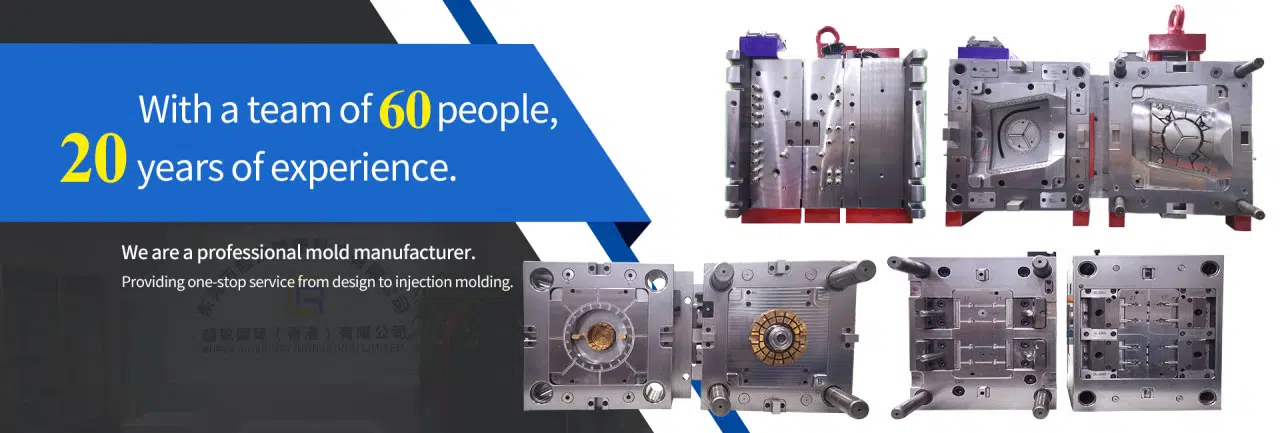
# Medical Device Innovations in Modern Healthcare
## The Evolution of Medical Devices
Medical devices have undergone a remarkable transformation over the past few decades. From simple diagnostic tools to complex robotic surgical systems, these innovations have revolutionized patient care and treatment outcomes. The global medical device market continues to expand rapidly, driven by technological advancements and increasing healthcare demands.
Today’s medical devices incorporate cutting-edge technologies such as artificial intelligence, nanotechnology, and wireless connectivity. These innovations enable more precise diagnoses, less invasive treatments, and better patient monitoring than ever before.
## Breakthrough Technologies in Medical Devices
### Wearable Health Monitors
One of the most significant developments in recent years has been the proliferation of wearable medical devices. These compact, user-friendly devices can continuously track vital signs like heart rate, blood pressure, and oxygen saturation. Some advanced models even detect irregular heart rhythms or predict potential health crises before symptoms appear.
Wearable technology has empowered patients to take a more active role in managing their health while providing physicians with valuable longitudinal data for more informed treatment decisions.
### Smart Implants and Prosthetics
Modern implants and prosthetics have become increasingly sophisticated. Smart joint replacements can now monitor wear and tear, while neural implants help restore function to paralyzed limbs. Bionic eyes and cochlear implants have given new hope to patients with sensory impairments.
These devices often incorporate sensors and wireless technology to provide real-time feedback to both patients and healthcare providers, enabling better outcomes and faster recovery times.
Keyword: Medical Devices
## The Impact of AI on Medical Devices
Artificial intelligence has become a game-changer for medical device innovation. AI-powered diagnostic tools can analyze medical images with remarkable accuracy, often detecting subtle abnormalities that might escape human observation. Machine learning algorithms help personalize treatment plans by analyzing vast amounts of patient data.
AI integration has also led to the development of autonomous surgical robots that can perform certain procedures with precision exceeding human capabilities, reducing surgical risks and improving recovery times.
## Challenges and Future Directions
While medical device innovations offer tremendous benefits, they also present challenges. Regulatory approval processes must keep pace with rapid technological advancements while ensuring patient safety. Cybersecurity concerns have emerged as connected devices become more prevalent in healthcare settings.
Looking ahead, researchers are exploring exciting frontiers like nanorobots for targeted drug delivery, brain-computer interfaces for treating neurological disorders, and 3D-printed organs. These innovations promise to further transform healthcare delivery in the coming decades.
## Conclusion
Medical device innovations continue to push the boundaries of what’s possible in modern healthcare. As technology advances, we can expect even more groundbreaking developments that will improve patient outcomes, enhance quality of life, and potentially cure diseases that were once considered untreatable. The future of healthcare is being shaped by these remarkable technological achievements.